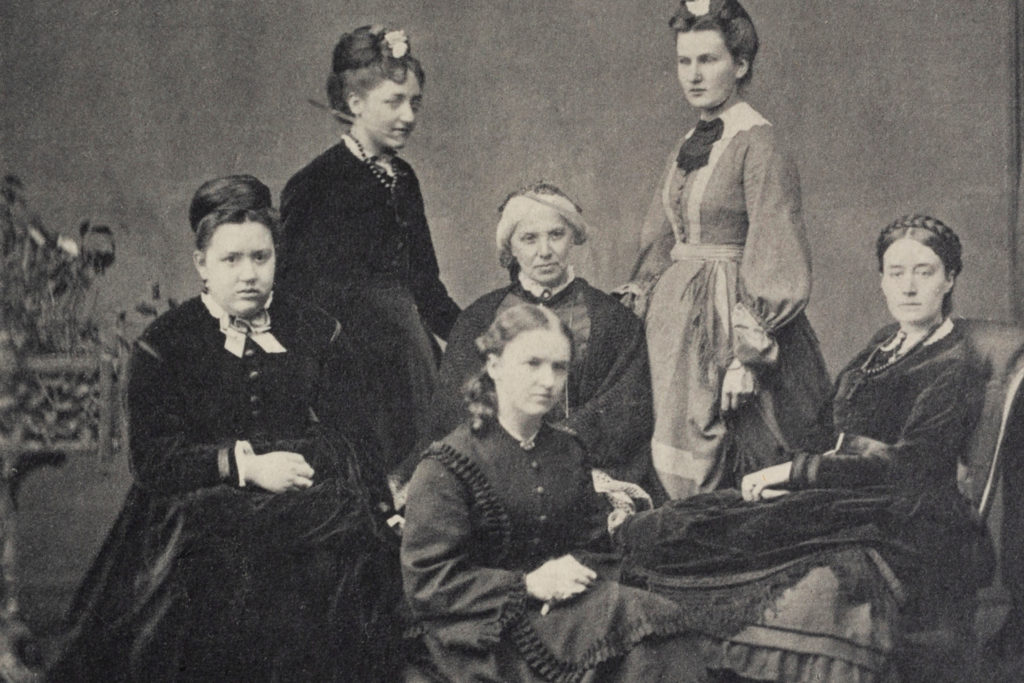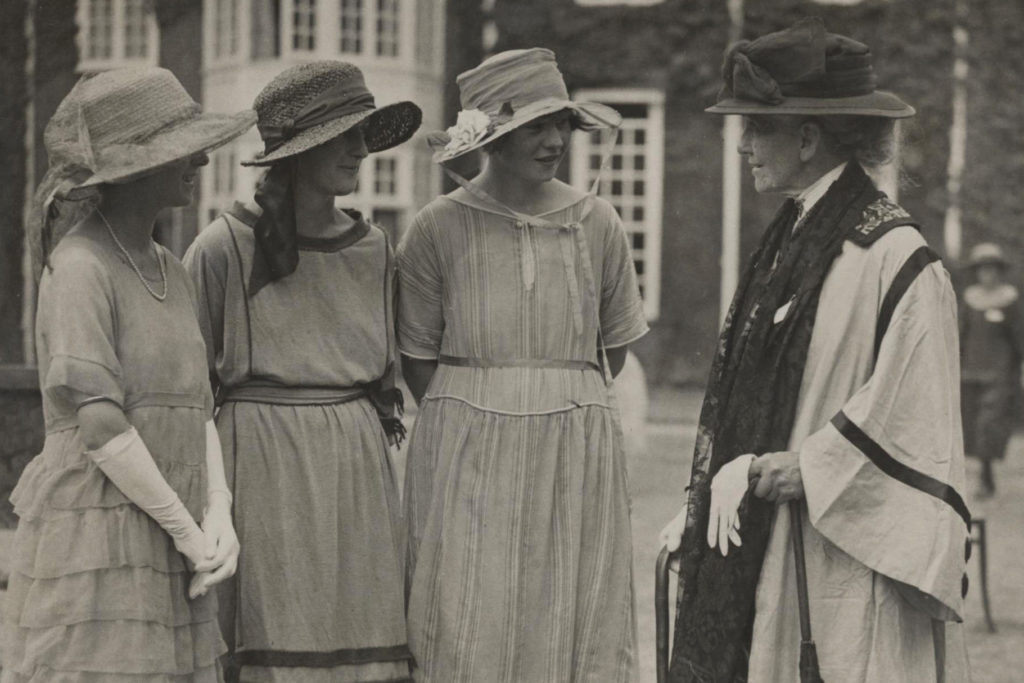Dr Hana D’Souza – Developmental psychologist
Developmental psychologist Dr Hana D’Souza is fascinated by how babies and toddlers experience the world. How do we learn to recognise a toy, reach out for it, and learn what it is called?
Her research collaborators are a little younger than most scientists – in fact, many of them are only a few months old when they first visit Cambridge Babylab. It also means that they spend a bit more time playing than most scientists.
In fact, the games that Hana and her young collaborators play are carefully designed to explore children’s developing attentional and motor skills.
Hana’s research focuses on how these developing attentional and motor skills affect learning in the earliest, everyday settings, such as family life.
For many children, paying attention to the world around them and moving about are easily-learnt skills. However, for children with various neurodevelopmental disorders, developing attentional and motor skills can be more of a challenge.
Helping children with neurodevelopmental disorders
Hana particularly works with infants and toddlers who have genetic syndromes, including Down syndrome, fragile X syndrome, and Williams syndrome. She’s seen how parents and carers play an important role in helping children with neurodevelopmental disorders develop their attentional and motor skills, through particular types of play and activities. And since attentional and motor skills form a basis for learning in young children, if Hana can help more families identify activities that support these skills in everyday settings, children may be able to learn more easily.
Hana explains that, “Discovering how young children learn in everyday environments, such as their home, and how their motor and attentional abilities contribute to this learning could inform future interventions for children with neurodevelopmental disorders and help us to advise parents and teachers on how to best support children’s learning.”
Indeed, in her research, Hana found that attentional abilities relate to vocabulary size1, and that attentional and motor skills are closely intertwined2. In 2020, Hana’s research with the London Down Syndrome (LonDownS) Consortium uncovered a new aspect of attentional skills in children with Down Syndrome.3
Working to support people with Alzheimer’s disease
Sadly, some people with Down syndrome will go on to develop Alzheimer’s disease later in life, and are more likely to do so than their neurotypical peers. It can also be more difficult to notice the early signs of dementia in people with Down syndrome, leaving people untreated for longer. As life expectancy for people with Down syndrome increases, it’s increasingly important to understand how Alzheimer’s disease may affect them.
Hana’s new findings indicate that there is a close link between attention in young children with Down syndrome, and their later likelihood of developing Alzheimer’s disease. A gene variant that is associated with developing Alzheimer’s disease also seems to offer these children better attentional skills earlier in life.
It appears that the gene variant “may offer an advantage in early development in individuals with Down syndrome, with a neutral effect in early adulthood, and a deleterious effect in late adulthood.” This may explain why the gene variant has continued to thrive – the early advantage it conveys may be the reason why it is present even though it may be disadvantageous later in life.
While these current findings won’t provide a treatment for Alzheimer’s disease in people with Down syndrome, Hana’s work is an important part of the LonDownS Consortium’s broader research. Their work, they hope, will offer insights into the treatment and prevention of Alzheimer’s disease that could eventually improve outcomes for those both with and without Down syndrome.
Find out more about Hana’s work here.
1. D’Souza, D, D’Souza, H, Jones, EJH, Karmiloff‐Smith, A. Attentional abilities constrain language development: A cross‐syndrome infant/toddler study. Dev Sci. 2020; 23:e12961. https://doi.org/10.1111/desc.12961
2. D’Souza, H., Cowie, D., Karmiloff‐Smith, A. and Bremner, A.J. (2017), Specialization of the motor system in infancy: from broad tuning to selectively specialized purposeful actions. Dev Sci, 20: e12409. https://doi.org/10.1111/desc.12409
3. D’Souza H, Mason L, Mok KY, et al. Differential Associations of Apolipoprotein E ε4 Genotype With Attentional Abilities Across the Life Span of Individuals With Down Syndrome. JAMA Netw Open. 2020;3(9):e2018221. doi:10.1001/jamanetworkopen.2020.18221







